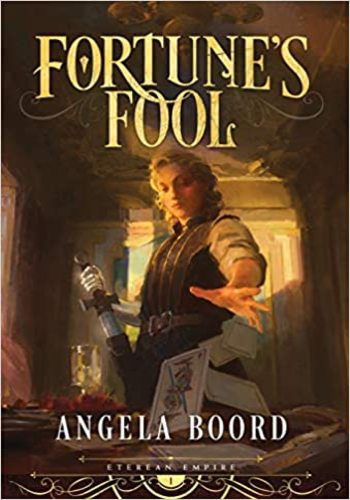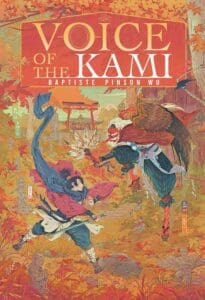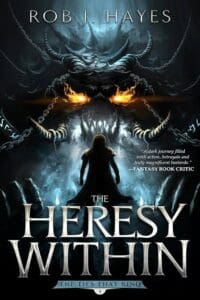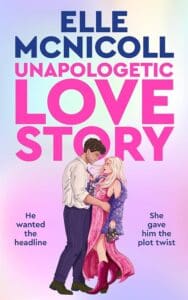Rating: 10/10
Synopsis
A secret affair. A disfiguring punishment. A burning need for revenge.
Kyrra d’Aliente has a bad reputation and an arm made of metal.
Cast out of the safe and luxurious world of silk to which she was born, played as a pawn in a game of feuding Houses, Kyrra navigates a dangerous world of mercenaries, spies, and smugglers while disguising herself as a man.
War destroyed her family and the man she loved.
Vengeance is within her grasp.
But is she willing to pay its price?
Review
Fortune’s Fool took all my expectations, ripped them out of my arms, and shoved them in a blender until they were ground down to a smooth sludge. And that’s just the first half.
The second half set them on fire, then fed me the ashes. It ripped my heart out and it’s brilliant. I can’t recommend it enough.
The book’s structure is perhaps one of its greatest strengths. Split between past and present, the latter version of Kyrra sets up her situation, and every time we glimpse her past life, we get a chance to peel back the curtains to glimpse the events that led her there. It is an exercise in twining plot and structure with character-building and tension in a way I can’t say I’ve ever seen done quite so effectively before.
The setups in the present also play on the fantasy reader’s expectations. It draws you in with assurances that you know how this type of story is supposed to go. But then we glimpse Kyrra’s past, to see how we wound up in this type of story. And it’s—well. I can’t give it away. Suffice to say that the trick that is pulled off so deftly, and it so succinctly encapsulates the story’s themes in microcosm, that I had to lie down when I realized just how thoroughly I’d miscalculated the kind of book I was reading.
I did not trust my expectations for the rest of the book, to my delight.
It’s worth mentioning just how well Boord uses the nuances and minutiae of Medieval life to inform every obscure detail, and it’s difficult to overstate how well the worldbuilding works to complement the plot and character work. It reads as an intensely-personal epic and it brings an oft-neglected vibrancy to fantasy drawn from Medieval history.
It’s also commendable that this interrogation with the politics of the era, and the immorality inherent to it, permeates every aspect of the book as well as it does.
The evils of this era are embodied in what has been done to each of the protagonists by systems larger than themselves. The way they have internalized and made themselves responsible for what has been done to them bleeds through everything from the sentence structure to the relationship building, to the character work, and to the heart of the conflict itself.
This is a book where the gods, in many way, embody systems. Or perhaps a better metaphor might be that they reflect them. And the problem with systems is that they cannot care how you feel about them. It is about people who have been hurt by a world that has no capacity to care for them, despite their desperate desire for it to do so. These characters are complex, messy, and at times it seems as if they’re willing to do anything if it’ll make the institutions all around them just listen.
In this way, Fortune’s Fool becomes an interrogation of exhaustion. It is a book utterly fascinated by how people can keep going when they think they have nothing. And the answer to that is often: find something. Pick a reason. Any reason.
Hell, when the book starts, Kyrra only has a tenuous toehold on her own damn uncertainty as to the fortunes (or lack thereof) of a love interest. But she clings to it, because it’s one of the things that keep her going. It’s fantastic.
That’s honestly what I find so compelling about the romance at the center of this book. Love is positioned as the counterweight to despair. Like a sort of second cousin to the redemptive power of love.
These characters look despair in the face and often embody each other’s reason to reject it. The book manages to avoid sinking to the grimdark-gloom through the way it utilizes romance. Love gives every character a reason to either hold on or go on, as the need arises. It’s used as the fuel to keep characters hoping. Even when it’s a fool’s hope.
Fortune’s Fool is a book about messy, broken characters. It’s about exhausted people who keep walking because it’s all that they can do until they reach a new place and find a real reason to keep walking.
It’s an utterly brilliant book, and I absolutely recommend it.





Leave a Reply